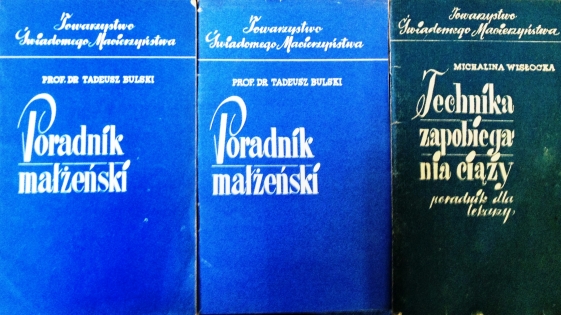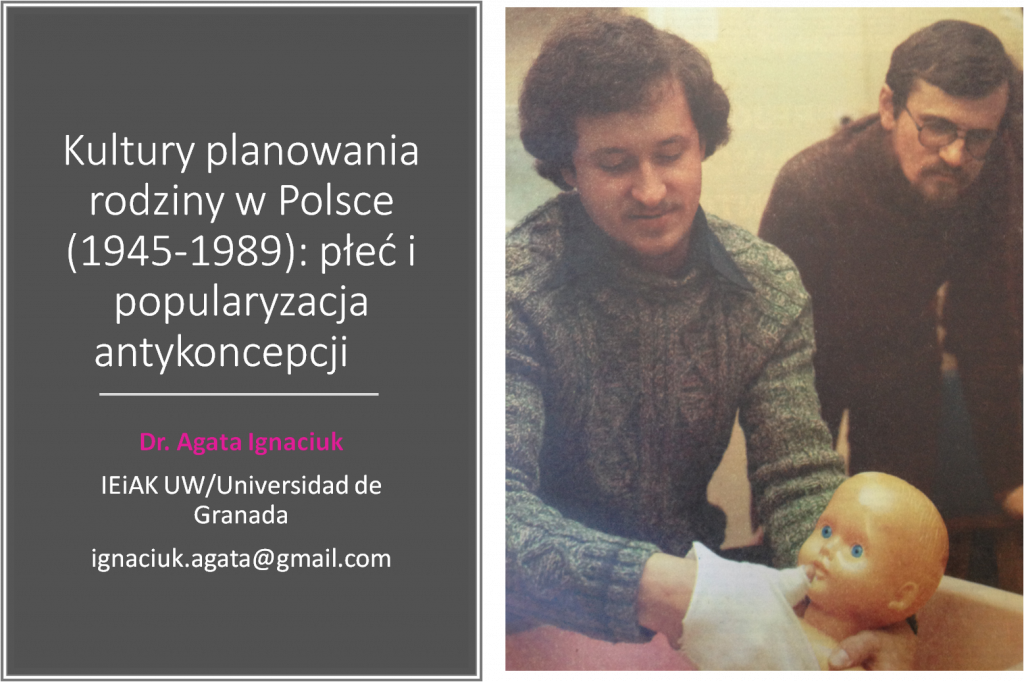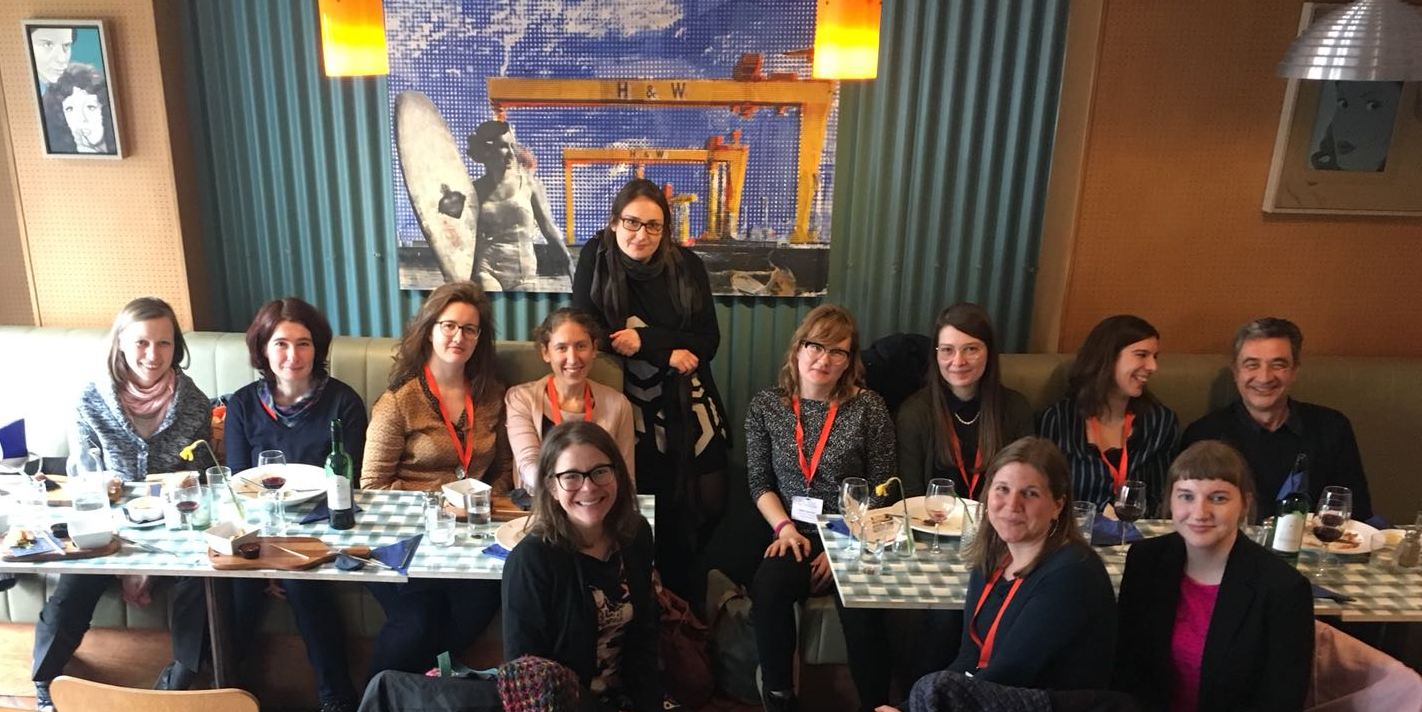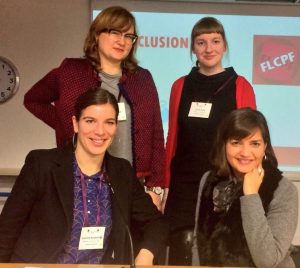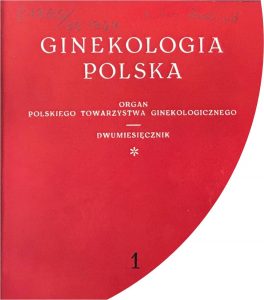
„<<Harmful surgery>> reisited: expert-to-expert discourses on abortion in Poland (1950s – 1960s)” was the title ofpresentation gien by dr Agata Ignaciuk at the Society for the Social History of Medicine Conference in Liverpool. The conference took place on 11 – 13 July 2018 and this years’ theme was titled „Conformity, Dialogue and Deviance in Health and Medicine”.
„Harmufl surgery” was a phrase used by Polish gynecologists to describe abortion in the 50s and 60s professional literature. Dr Ignaciuk’s presentation was based on the analysis of archival issues of „Ginekologia Polska”, an official journal for Polish professionals in the field of gynecology. The journal did not become a forum for a professional debate on what conditions should allow for a legal procedure. Instead, in the 50s and 60s most articles on abortion focused on illegal procedures, performed by non-professionals, which mirrors the slow medicalization of pregnancy termination in that period. More conclusions will be available in an upcoming publication.
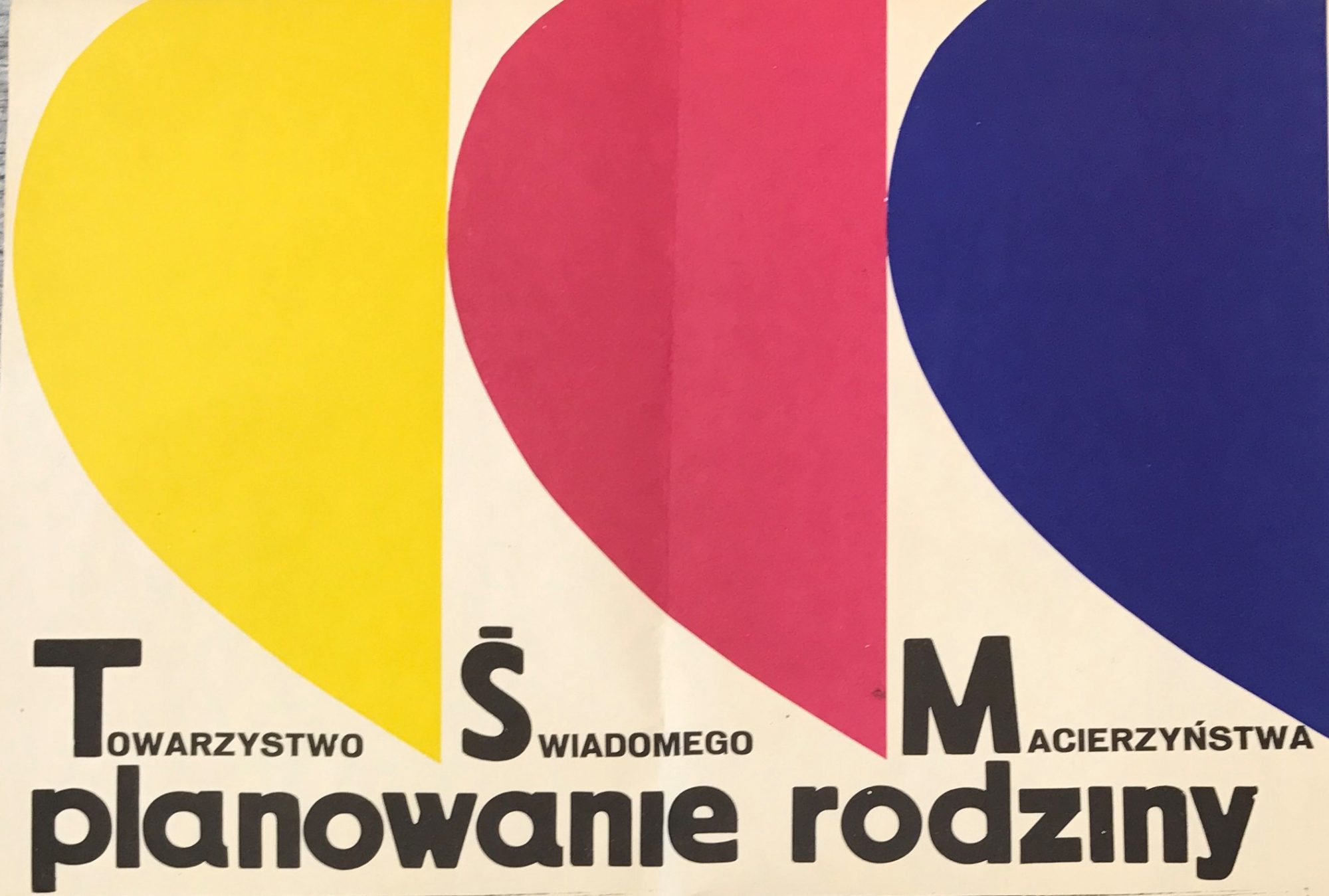

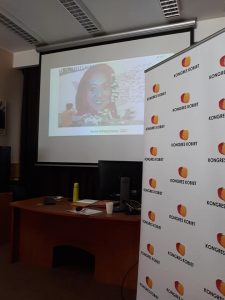
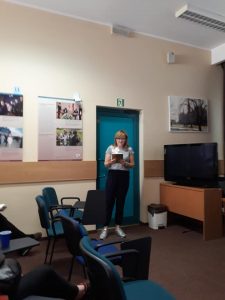
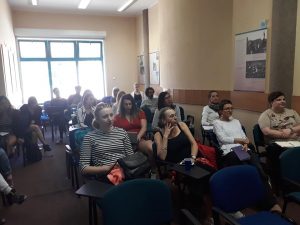
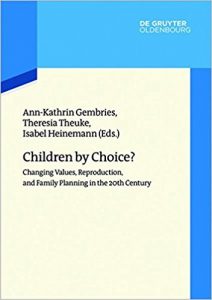 A new academic volume on family planning and reproduction was just published. „Children by Choice? Changing Values, Reproduction, and Family Planning in the 20th Century” edited by Ann-Katrin Gembries, Theresia Theuke, Isabel Heinemann (De Gruyter Oldenbourg Walter de Gruyter GmbH, Berlin/Boston 2018) contains contributions on changing concepts and practices in European countries on both sides of the Iron Curtain. Dr Agata Ignaciuk authored one of the chapters in this volume, titled: „Paradox of the Pill: Oral Contraceptives in Spain and Poland (1960s–1970s).
A new academic volume on family planning and reproduction was just published. „Children by Choice? Changing Values, Reproduction, and Family Planning in the 20th Century” edited by Ann-Katrin Gembries, Theresia Theuke, Isabel Heinemann (De Gruyter Oldenbourg Walter de Gruyter GmbH, Berlin/Boston 2018) contains contributions on changing concepts and practices in European countries on both sides of the Iron Curtain. Dr Agata Ignaciuk authored one of the chapters in this volume, titled: „Paradox of the Pill: Oral Contraceptives in Spain and Poland (1960s–1970s).